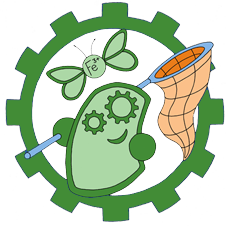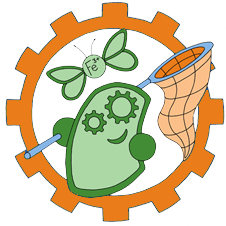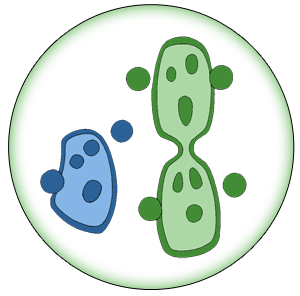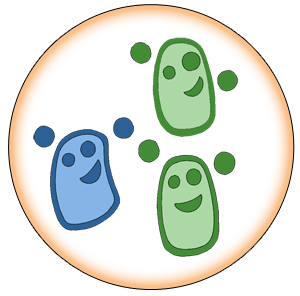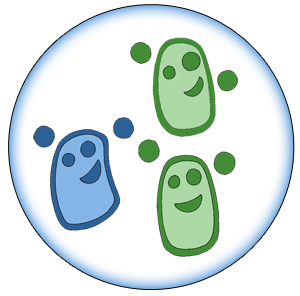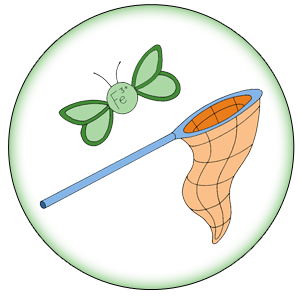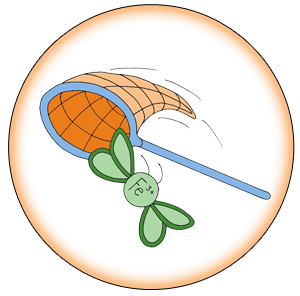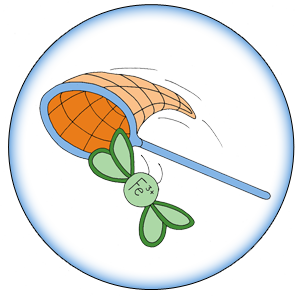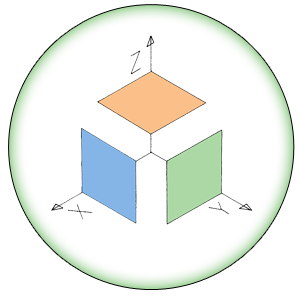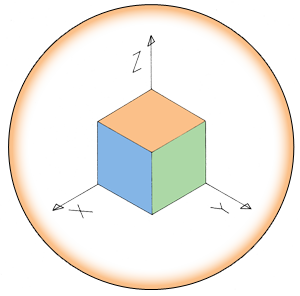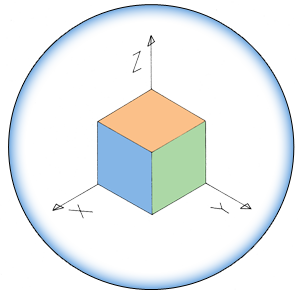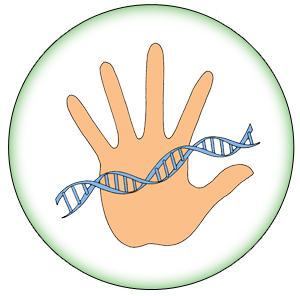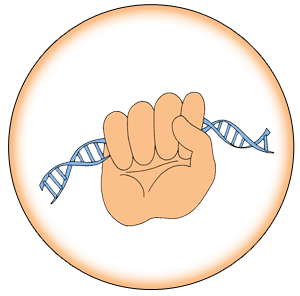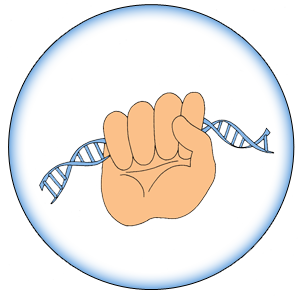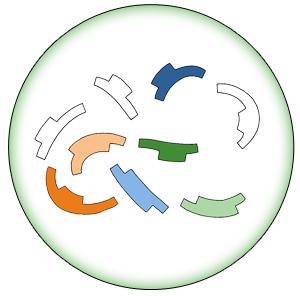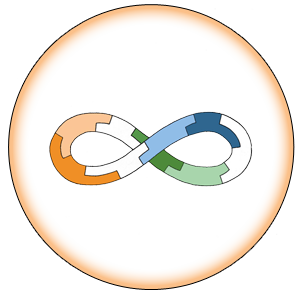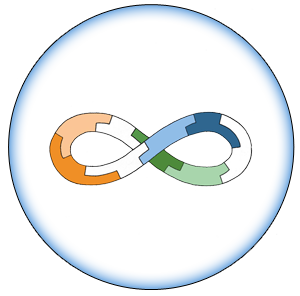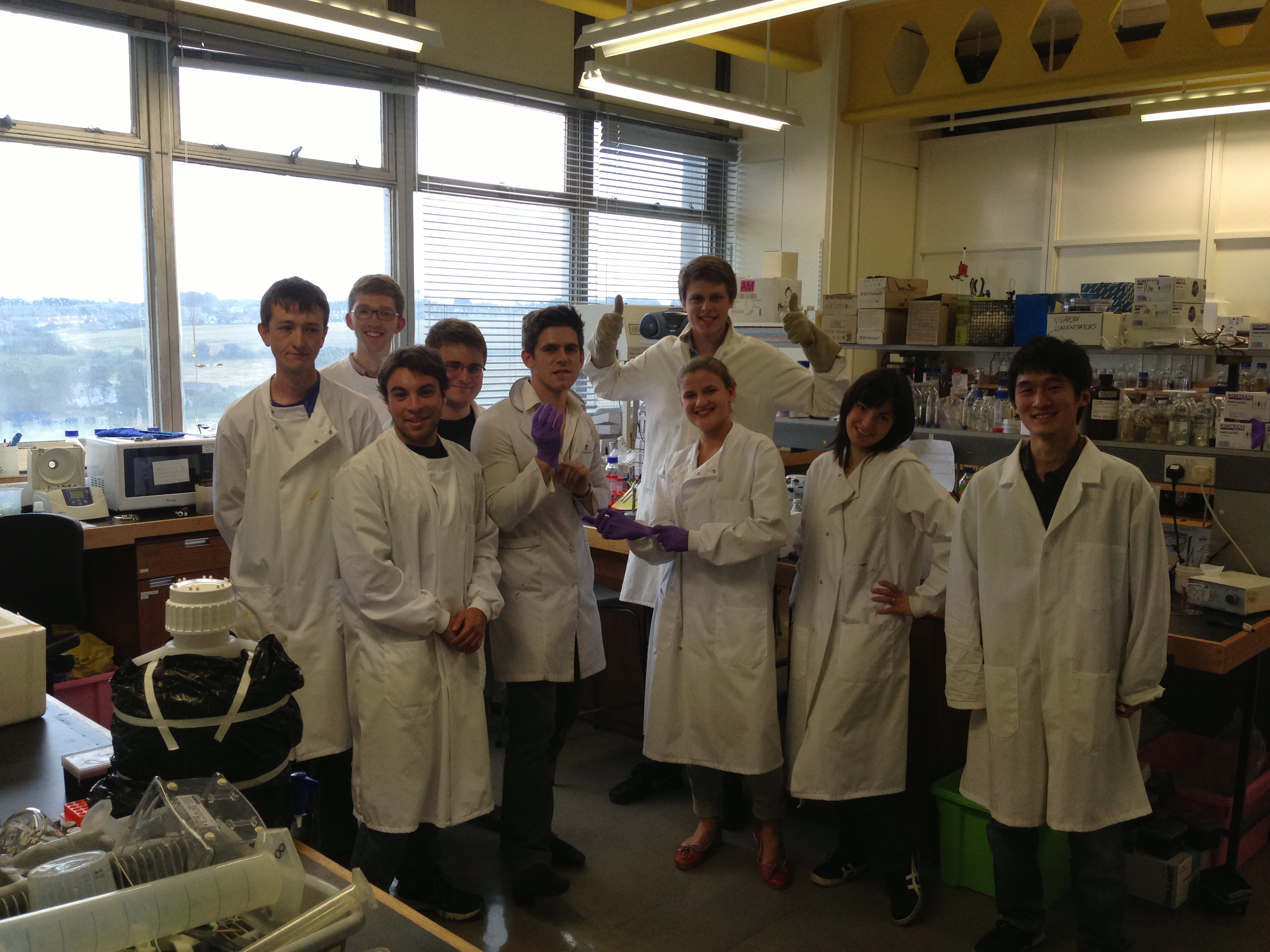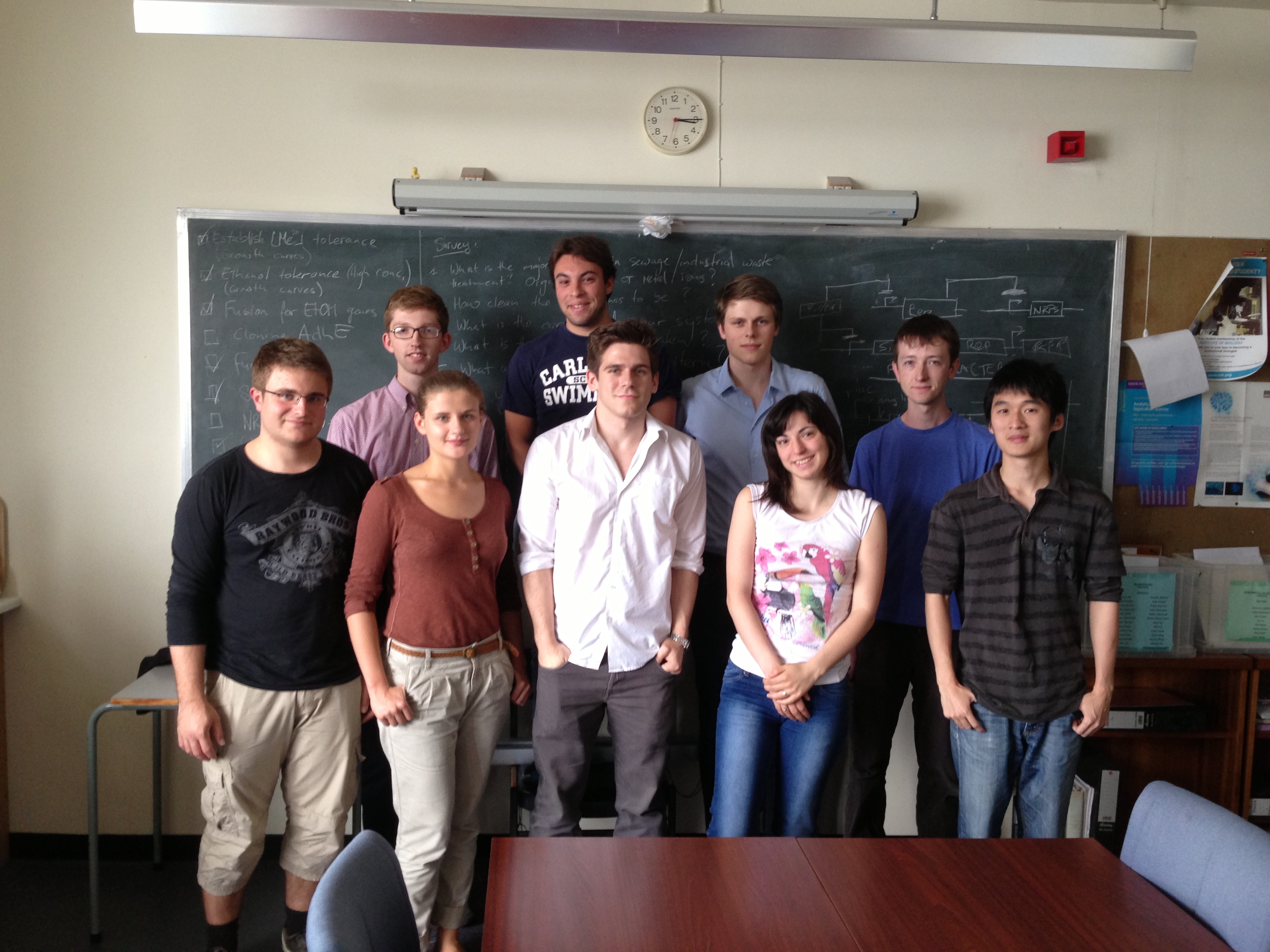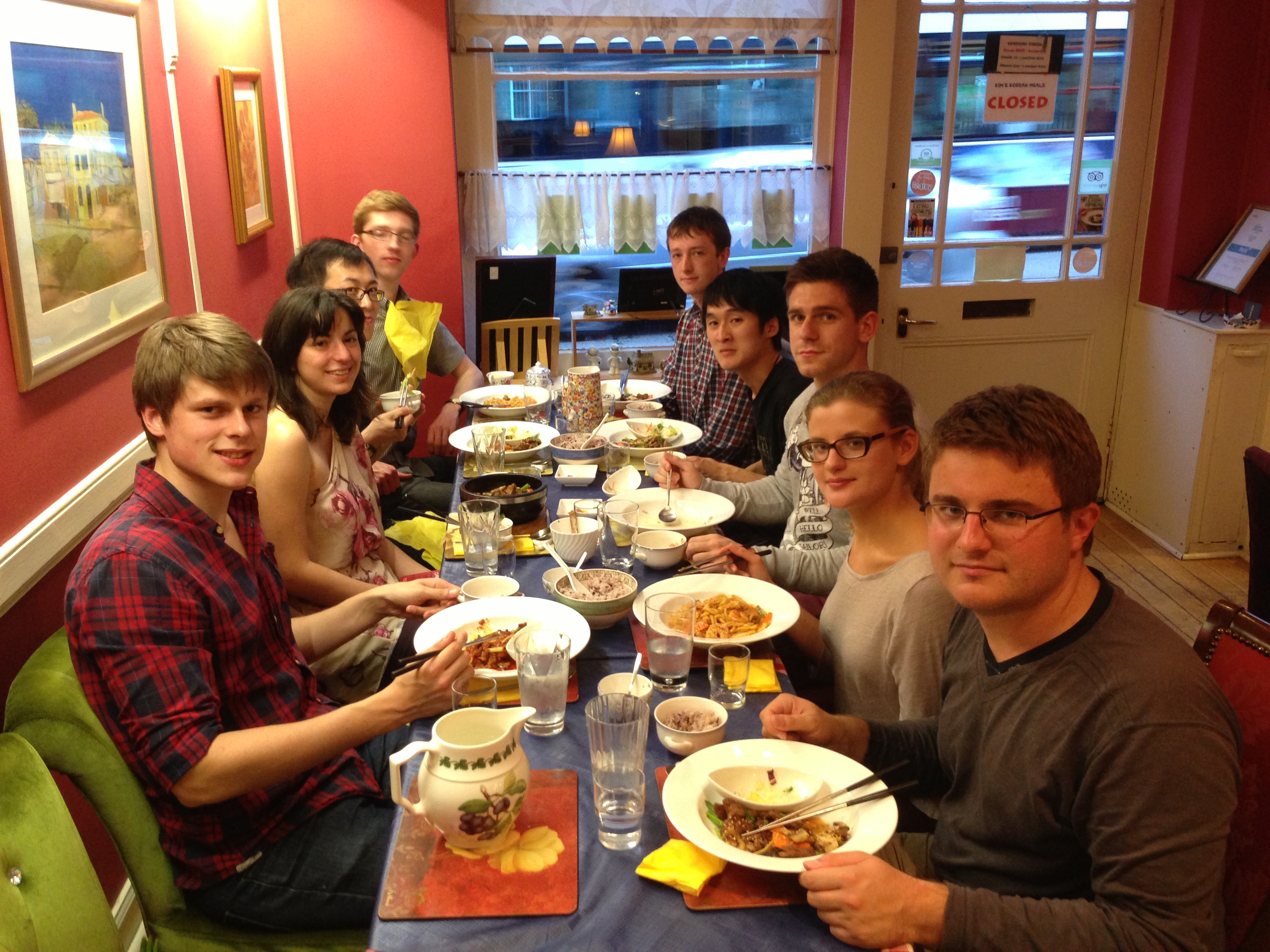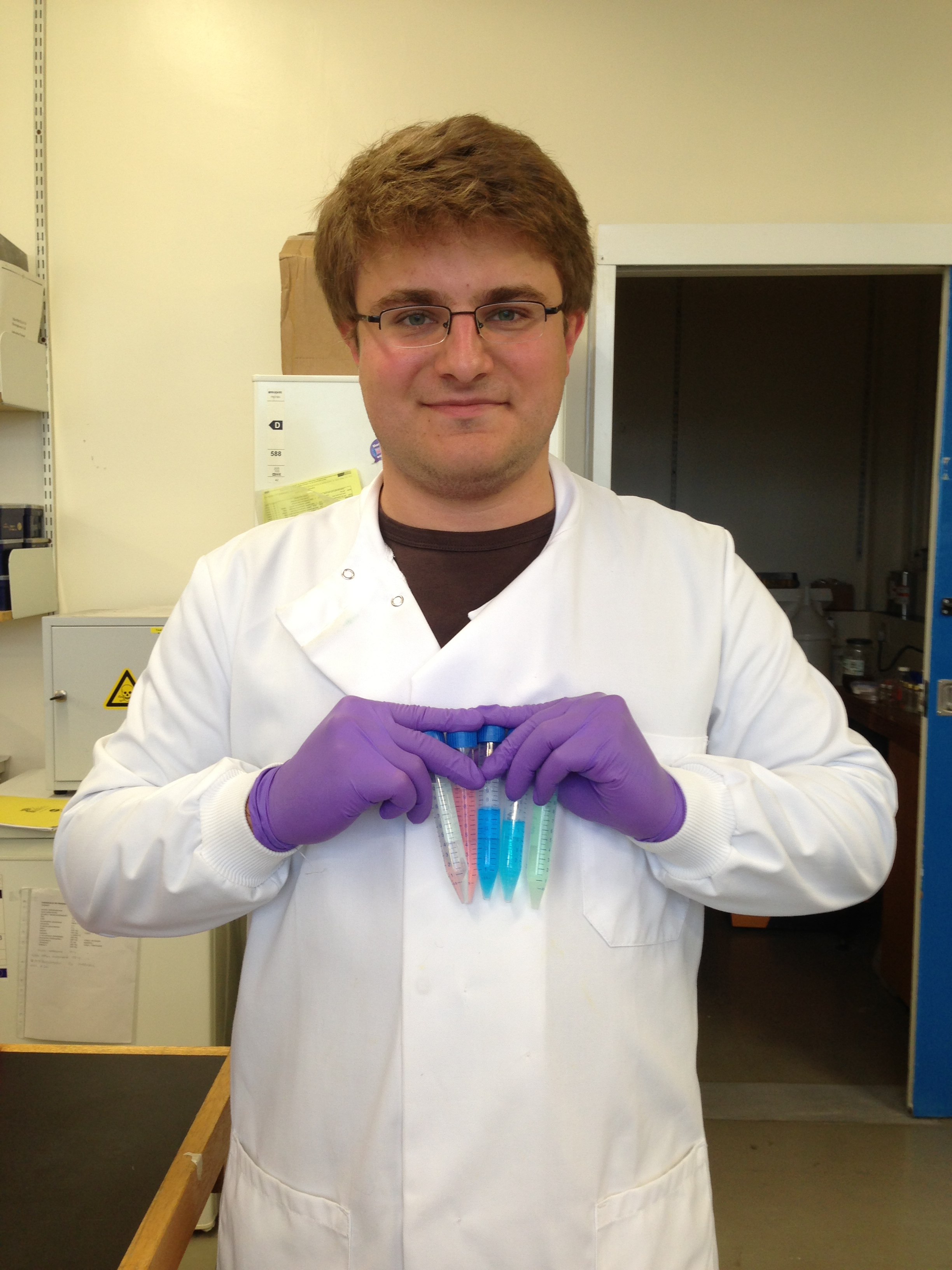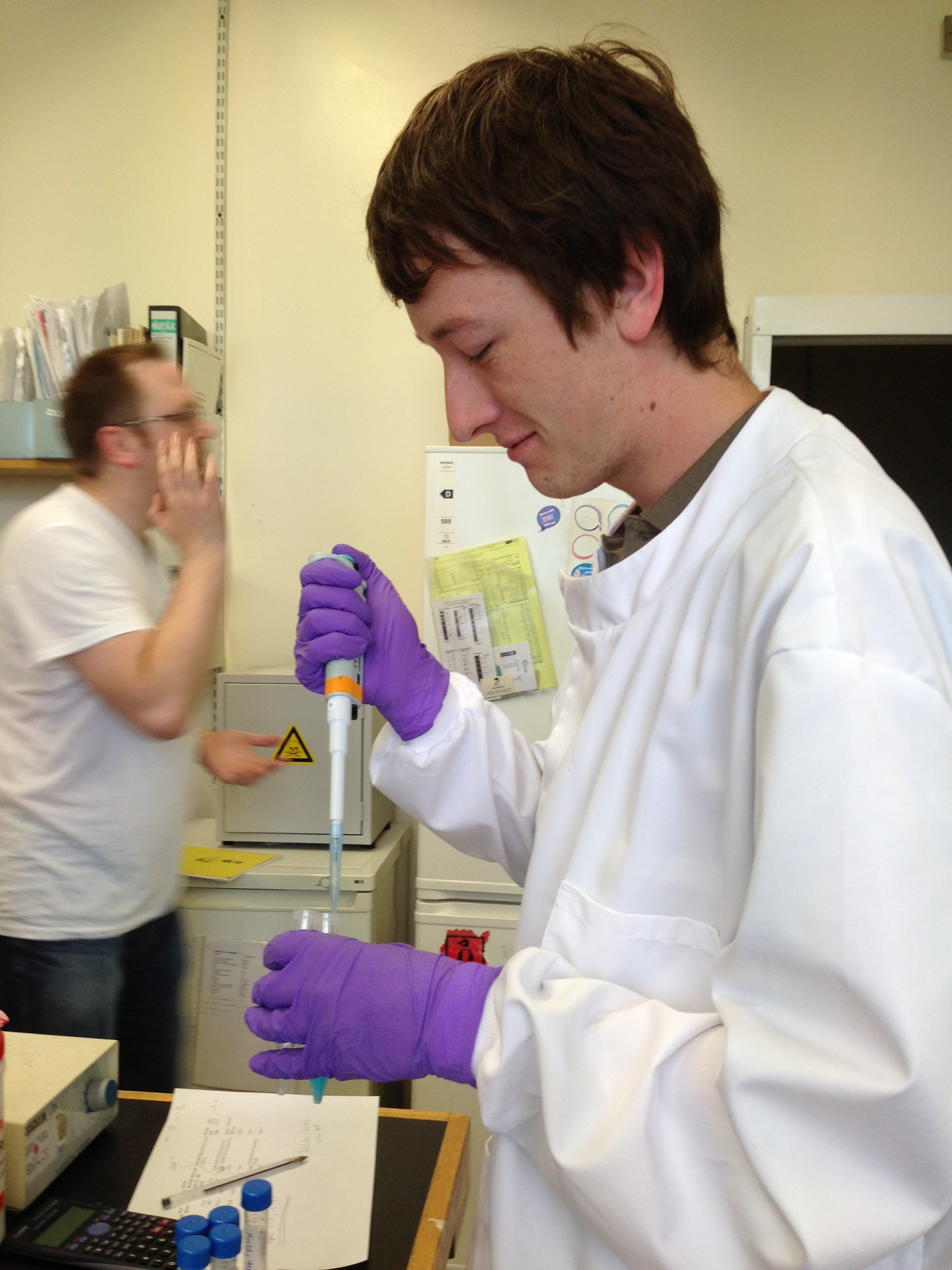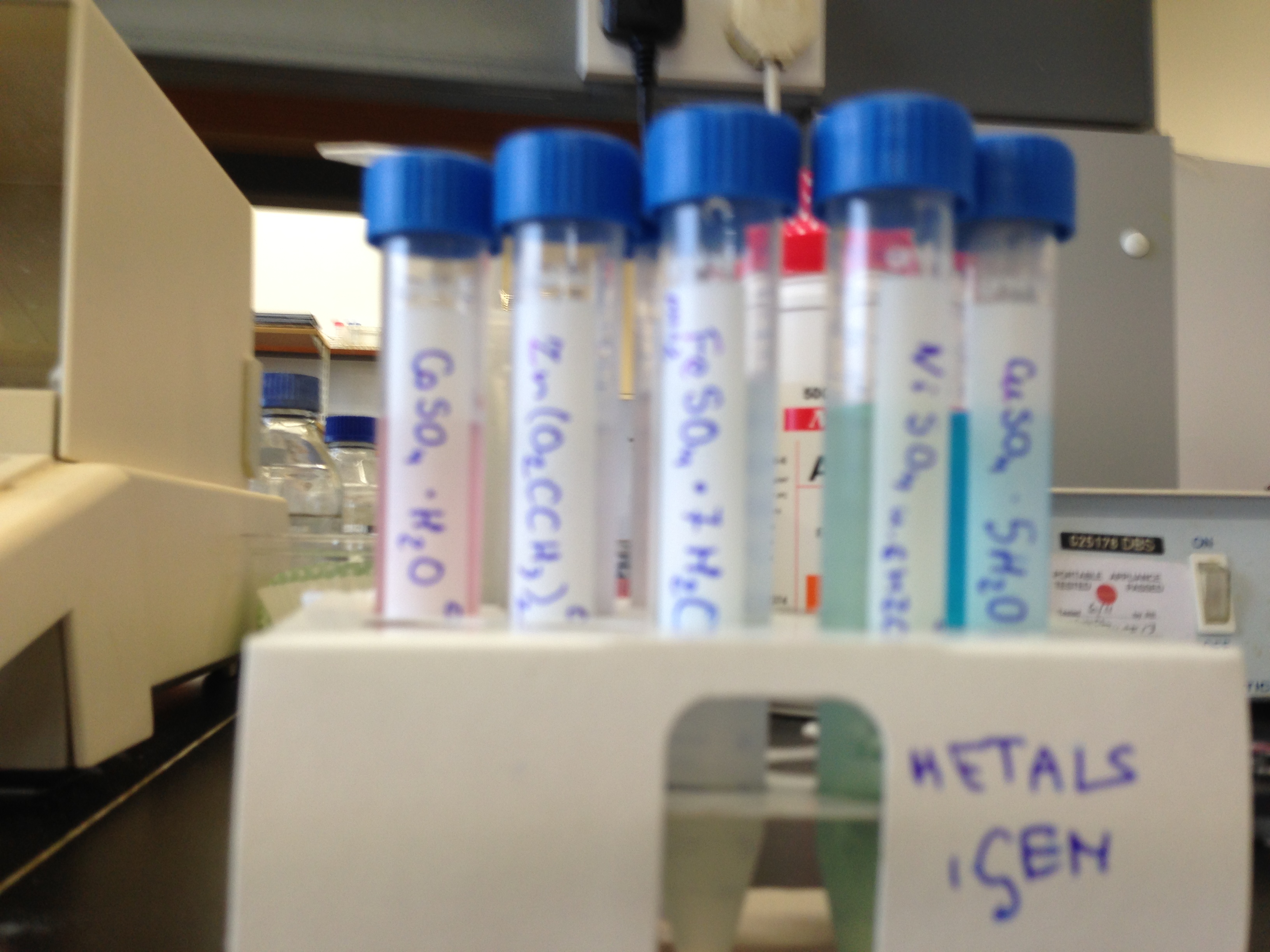Edinburgh University
From 2013.igem.org
Hristianita (Talk | contribs) |
Hristianita (Talk | contribs) |
||
| Line 2: | Line 2: | ||
{{Team:Edinburgh/Home_side_menu}} | {{Team:Edinburgh/Home_side_menu}} | ||
| - | < | + | <div class='content'> |
<hr/> | <hr/> | ||
| - | |||
<div class='heading' id="template" style= "text-align: center; font-weight: bold; "> | <div class='heading' id="template" style= "text-align: center; font-weight: bold; "> | ||
| Line 34: | Line 33: | ||
[[Image:Highland-cow.jpg|600px|center]] | [[Image:Highland-cow.jpg|600px|center]] | ||
| + | |||
| + | </div> | ||
{{Team:Edinburgh/Footer}} | {{Team:Edinburgh/Footer}} | ||
Revision as of 23:12, 30 September 2013
WastED
We have decided to work with Bacillus subtilis as our chassis. Using it we want to solve the problem of organic and inorganic environmental pollution coming from food and beverage industry.
Our first goal will be to detect heavy metal ions. This would be followed by metal ion binding using peptides synthesised by both ribosome and a non-ribosomal peptide synthase (NRPS). To isolate the ions from the waste we will try to control biofilm formation and lock toxic metals bound to peptides in it.
To utilise the organic components of industry waste we want to produce bioethanol from it.
We hope that the project will increase the amount of useful parts available for B. subtilis (mainly the metal activated promoters and Non-ribosomal peptide synthase domains). Creation of large multi-domain enzymes and fusion proteins which is required for our project will be achieved using ground-breaking GenBrick technology which will be introduced to the iGEM community for the first time.
Check out our Facebook page: https://www.facebook.com/Edigem2013.
You can also follow us on twitter at https://twitter.com/EdiGEM2013.

| 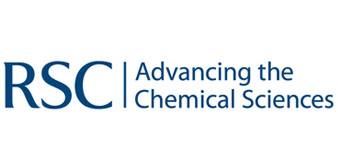
| | | | 
|
| This iGEM team has been funded by the MSD Scottish Life Sciences Fund. The opinions expressed by this iGEM team are those of the team members and do not necessarily represent those of MSD | |||||
 "
"
